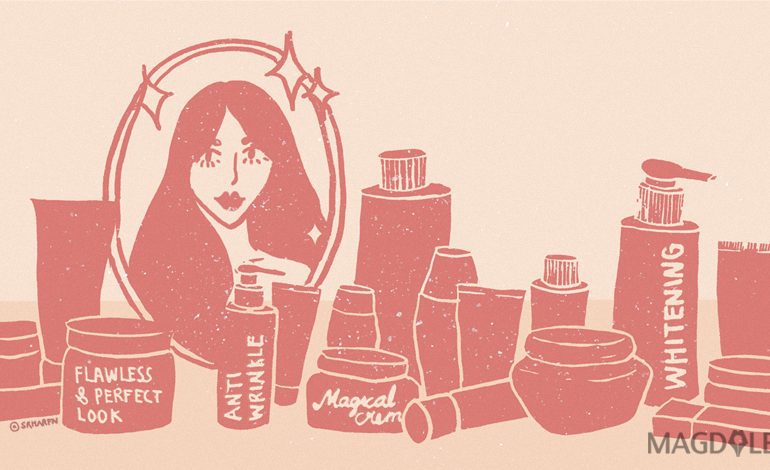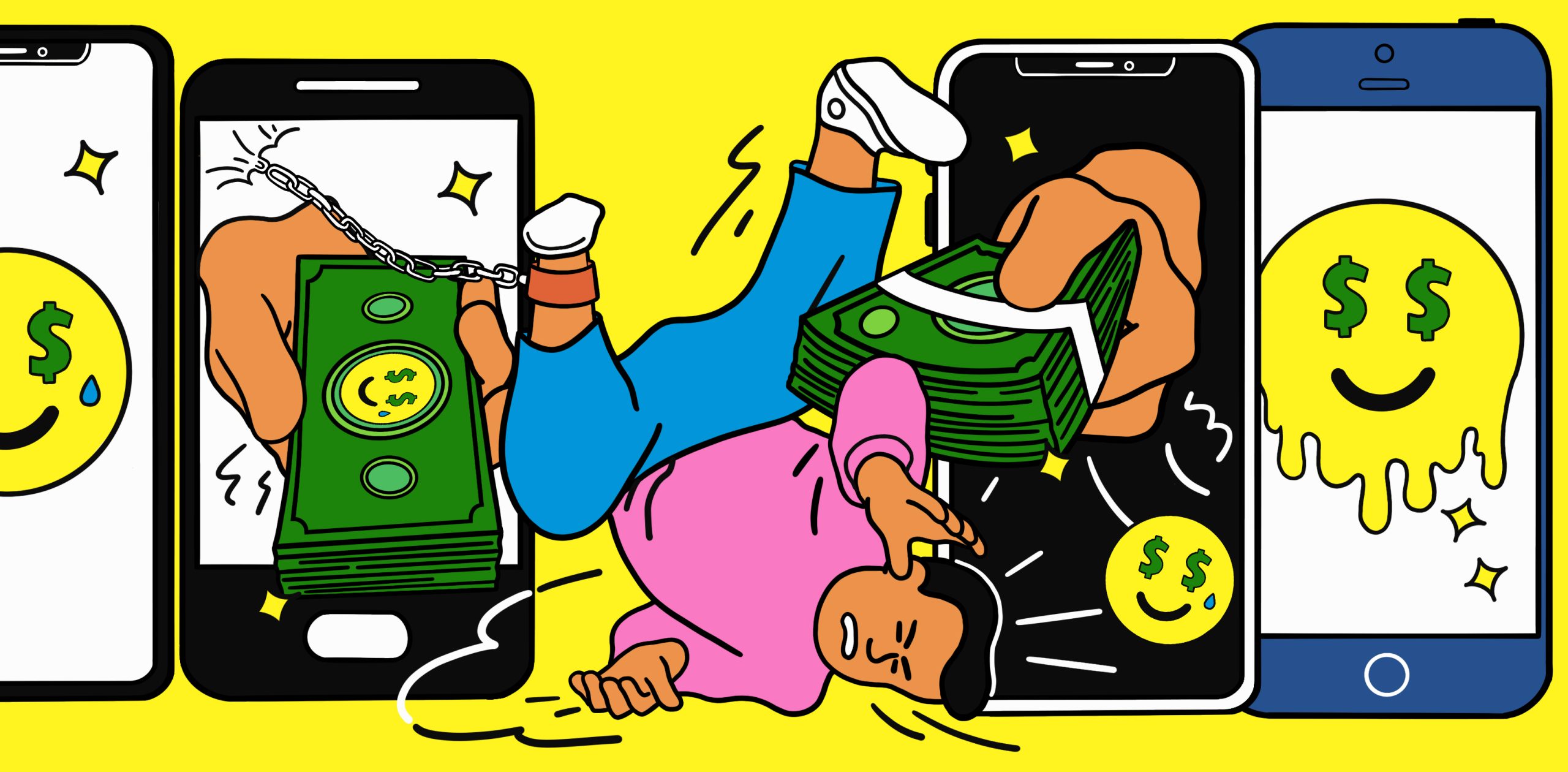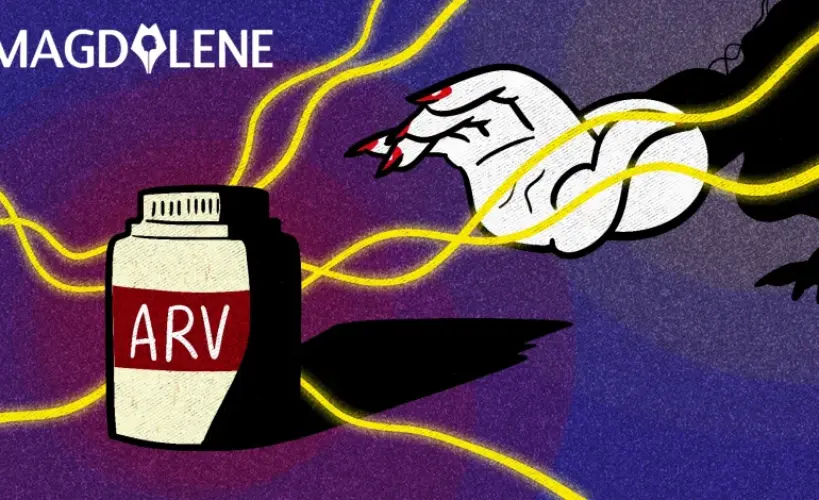Our Obsession with Flawless Skin: How Skincare Industry Sets Impossible Standard

When it comes to the definition of healthy facial skin these days, it’s no longer as simple as having a skin that is free from diseases, such as acnes, infection, rashes, burns, or cancer. The needs have grown more complex, as it demands us to achieve a flawless porcelain-looking facial skin where even the tiniest dot isn’t allowed to show.
I’ve previously written about the idealization of “white skin”, but now an ideal healthy facial skin means the absence of huge pores, dullness, blemishes, spots, dark circles, wrinkles, fine lines, puffiness, and “uneven skin tone”. The impossible is demanded: we have reached the point where our face should be “glowing” all the time.
The skincare industry’s narration to sell their skincare products has been about helping us solve the problems that they themselves create and overcoming the insecurities that they themselves inflict. I, personally, had become self-conscious of how bad my skin was after learning the skincare producers’ standard of “healthy skin”. When I looked at the mirror, I could point at the pores, the dullness, the dark circles around the eyes, many of the things they refer to as skin defects. It’s easy to fall into the trap of insecurities and solving it by purchasing the skincare products.
I followed the hyped “skincare routine”, which is basically a strict ritual to apply a bunch of products to your face, with meticulous steps starting from facial wash, micellar water, hydrating toner, exfoliating toner, moisturizer, eye-cream, and more. Skincare routine tutorials on YouTube generally introduced over 10 products which are strictly scheduled for AM or PM, products to apply every day, every three days, once a week. We’re told as well of how bad sun rays is for our skin that we need sunscreen cream that is at least SPF 50 and PA+++ – a logic that doesn’t actually add up when you think about how human’s skin has withstood centuries of civilization. And those are just the basic “beginner” steps, before we get acquainted with a wide-range of “serums”.
Looking at how beneficial my insecurities are for skincare industry, it reminds me of a reading material in one of my classes which basically talks about how scientific research could be used to promote treatments and boost sales by “telling healthy people they’re sick.”

“Disease mongering”, a term first coined by health writer Lynn Payer, refers to experts, drug company staff, and doctors employed to affirm and categorize a certain condition as a disease simply for marketing strategy purposes to sell the treatments. In defining healthy skin, certain skin conditions are being emphasized and exaggerated by the skincare industry, as if they’re serious defects to convince us into buying the skincare products.
Expert’s role has been significant in dictating the “trending ingredients” to boost products’ popularity in the market and validate the claims of skincare products. Products boast “scientific” features such as the use of pipettes in the packaging designs, and more clinical names such as retinols, alpha or beta hydroxy acids to ensure its credibility. In an age of information overflow, selling the idea that one can have a flawless skin in a week is not as effective as using scientific-soundings details that people can look up easily on the internet.
There are now plenty of bloggers who solely focus on talking about the scientific details of skincare products, such as Beautiful with Brains, FutureDerm, or LabMuffin for “beauty geeks”.
The skincare hype has also made it normal to spend a huge amount of money to mimic the complete regimen endorsed by beauty influencers and public figures. In fact, your consumption of skincare products these days is supposed to indicate how much of a “skintellectual” you are in the pursuit of perfect skin.
I don’t intend to tell anyone to stop using skincare, but the least we can do is be aware of the huge capitalist power preying on our vulnerabilities for their profit, using scientific approach to validate themselves. After all, perfecting our physical features is never going to make us feel whole and fulfilled, because we do have meaningful qualities beyond the literal “surface”.
This Korean documentary exposes the dirty truths about the electronics industry.






















